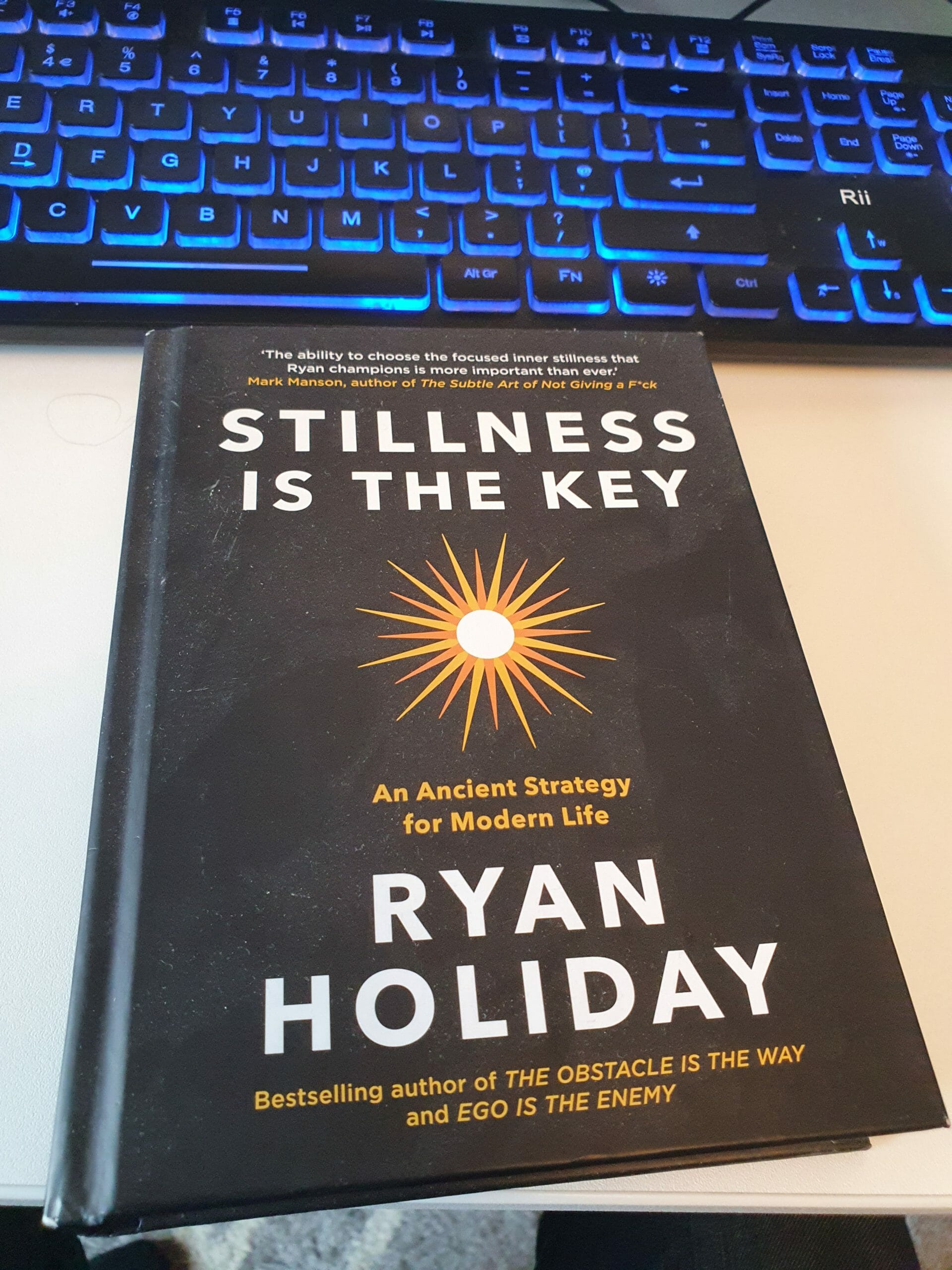Guest blogging was called into question recently by Google’s head of Webspam Matt Cutts, who said in his latest provocative post that “people should put a fork in it.” A lot of people have talked about this but I have my own opinion and I thought it was worth sharing. I’m going to explain why guest posting still has its place and can provide benefits as long as it’s done spam-free and to best-practice.
Cutts said that guest writing for blogs has become dominated by SEO companies, using nasty links to increase exposure and in turn making the practice more and more ‘spammy’. I have to admit I don’t disagree with this statement. Bad SEOs have become a bit desperate since the death of link farms and they noticed the good work PR’s were doing in blogger relations and before you knew it Blogger Relations went from being a very personal process to help the writer with their content to a mass market, industry wide, blanket email spam tactic. I wrote about blogger relations not being rushed on here way back in 2008 and my points from that still stand. Matt writes-off guest posting saying that the cause of its demise is the use of ‘low-quality links’, and that if guest bloggers cannot be vouched for by the person they’re writing for, there is a chance that Google could recognise it as spam and your page rank will actually be adjusted accordingly. He did later correct his statement on guest blogging being dead by clarifying that he meant this in relation to SEOs and page rank. In Google’s quality guidelines it states that links intended to manipulate page rank or sights Google search results may be considered part of a link scheme and a violation of Webmaster guidelines. However, while there will inevitably always be some groups who use blogging for nasty ‘black hat’ SEO techniques, in my view guest posting is still a brilliant way to gain exposure for yourself or your brand, and if done correctly it can also offer tremendous value for your readers. Links or backlinks should only really be used if they are relevant, and not to solely increase Google ranking but that’s the currency these people want to play with. It could be argued that since guest bloggers do not even get paid for what they post, taking away a link to their own website means they are getting even less for their efforts. No SEO technique is spam-proof and blanketing all guest posts with links as spam is unfair on real people who are genuinely working to produce high quality work although there are a lot of them out there. My good friend Neville Hobson wrote the following just after this was announced:
Every week, I receive two or three requests to publish guest posts on my blog. The requests come by email from people I don’t know who almost always have a Gmail address, not a recognisable company domain. And there is usually nothing in the email about the person other than a name (which often doesn’t quite match the name in the email address), and no links to any presence on the social web. They offer to be guest bloggers, writing posts for my blog on a wide variety of subjects, some of which match topics I am interested in and/or have written about myself in the blog. More recently, many of the emails that arrive offer to create or post infographics. Are such requests worth considering, even accepting? In a word, no.
I love that as he puts it so eloquently – I get around 10 of these approaches a week and my blog isn’t even that mainstream and let’s not get started on the amount of SEO service offers. These people aren’t fooling anyone they just want our Google juice they aren’t bothered about my readers at all. If I had met these people or engaged with them online I might be interested. However, I usually just receive an email that starts “Dear Blogger” and I immediately hit the Junk mail button. Once again – don’t rush blogger relations just be personable. The articles that are written are usually bearable but not that insightful and I just see them as clogging up the Internet with bilge. Questions could also be asked about Matt Cutts’ opinion or knowledge of guest posting as well as his broader agenda. Even high quality sites like The New York Times and The Guardian use freelance bloggers and it seems unlikely these media outlets would come under the same scrutiny as a nastily branded blog. I run a number of online magazines for clients and ourselves and as such have to organise writers all over the world but I don’t think we are about to be penalised because we do it properly, openly and clearly. In the past, when Google has flagged something it doesn’t agree with or believe demonstrates bad practice, it is usually followed by the obligatory algorithm update. With this in mind it will be interesting to see how the search engine tackles guest posts, and whether a one-size-fits-all model is rolled out because I think this will be a challenge to get a search bot to ascertain the difference between a real blogger like me and Neville or a spam blog. At Prohibition my team and I still advise our clients on delivering guest blogging programmes because if you do them properly, they are great at building relationships. I still believe that guest posting can establish a client as a thought leader in their prospective industry and as a blogger I still see blogging as the main hub of content most of the other channels are the spokes. Even though they have an SEO benefit and may carry external links, guest blogs of high quality offer genuine value to a business, and to the reader. The trick here is to always add value, think quality not quantity and stop just going looking for links.




